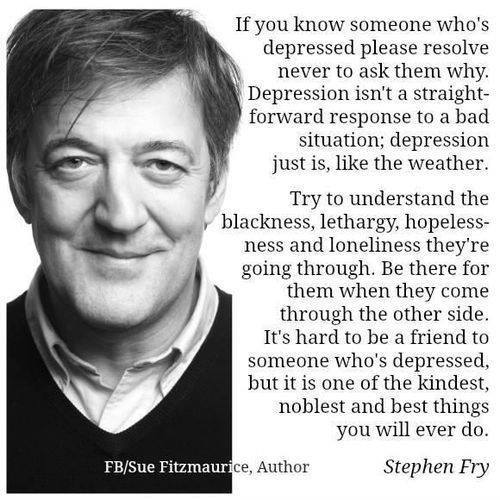This post was written on Your Mental Health. We thought it was worth sharing…..
When someone is feeling down or going through a tough time, it’s important to take them seriously and to give them some space to explain what is going on for them, and how they feel about it. Avoid responses which reject how they are feeling, which minimise how they feel, or which try to change their view of their situation.
- Don’t tell the person they’re wrong
If someone is talking about their experiences and emotions, there are no wrongs. You may not experience the same situation in the same way, but there is no faster way of letting someone know that you’re not listening to them by saying “you shouldn’t feel this bad” or “you’re over-reacting” or “it’s not as bad as you think”. - Don’t talk too much
Try to hold back from offering too much advice or your own experiences. You can’t really hear and understand your friend’s experience if you’re trying to think of ways to make it better, or trying to change their mind. The first step is to listen. - Don’t try to solve their problem
Sometimes it can be more important to know that someone else has heard you, than to have someone suggest solutions. Do ask your friend if they know what they want to do next. We often have the resources within ourselves which are just waiting to be tapped into.
Examples of what NOT to say:
- “It’s not that bad.”
- “Things will get better.”
- “How could you be so selfish?”
These reactions can result in the person feeling misunderstood and more isolated than ever.

Instead, acknowledge how hard life is for them:
- “Can you tell me more about what’s going on for you?”
- “If you want to tell me more, I’m here to listen.”
- “It sounds like you’re dealing with a lot at the moment.”
- “I’m really sorry to hear that you’re feeling like this right now.”
Find more tips on how to listen well at this blog from someone who uses the mental health service in Ireland.



